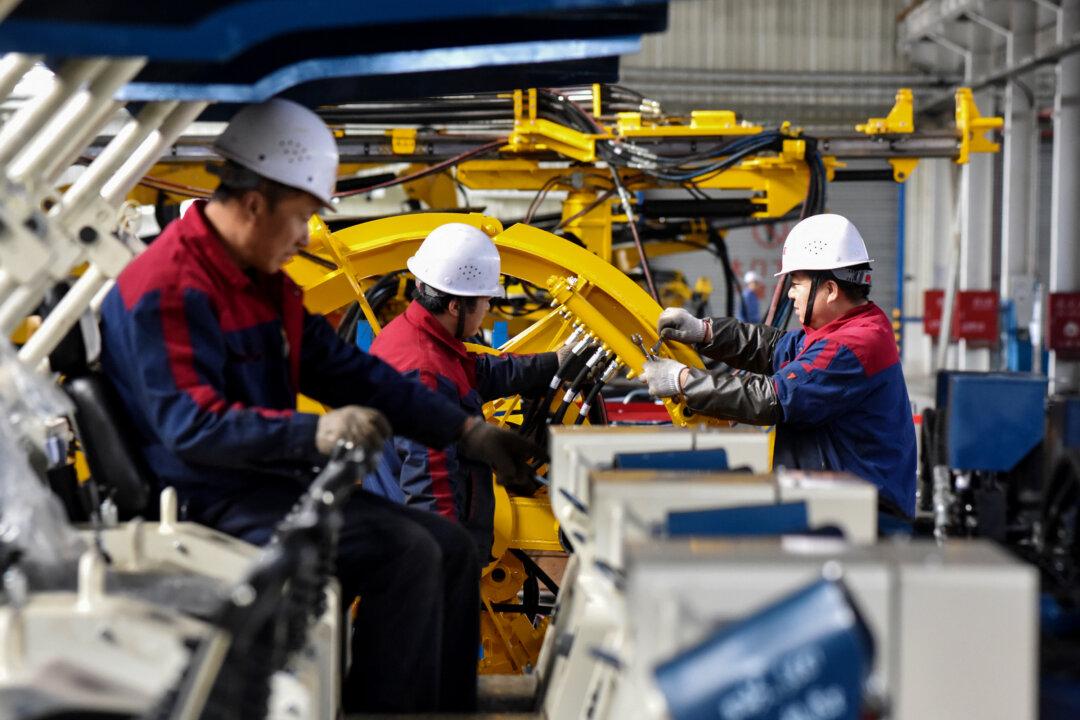Just about every economic measure is trending down in China, and not surprisingly, deflation fears are mounting. The China Beige Book (CBB) fourth-quarter preview, released Dec. 27, reported that sales volumes, output, domestic and export orders, investment, and hiring all fell on a year-over-year and quarter-over-quarter basis.
A much-weaker 2019 appears to be in the offing for China, but it’s not solely due to trade tensions with the United States. The domestic economy was already on weak footing and the CBB argues that government support is unlikely.





